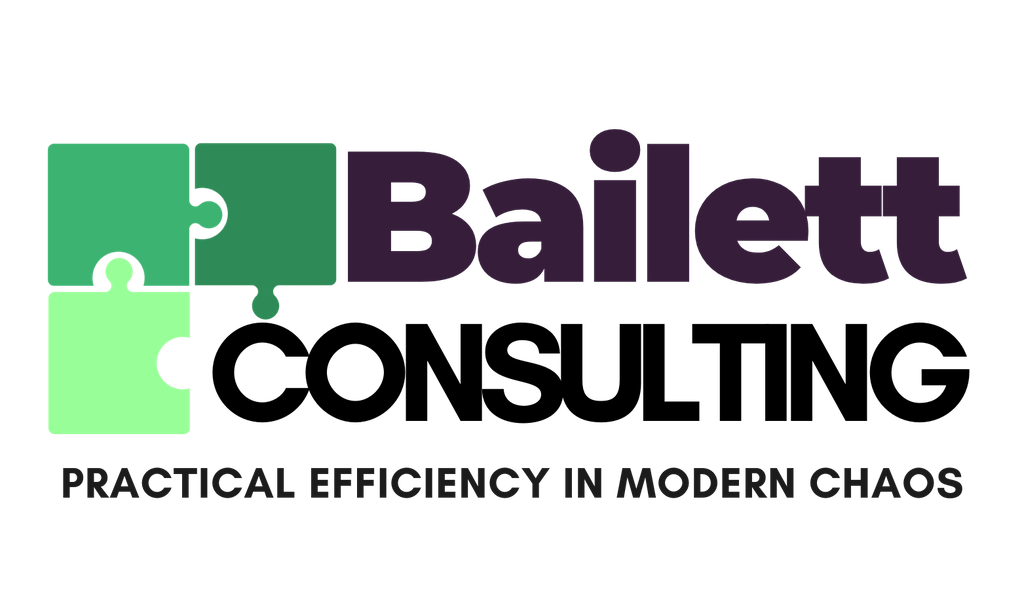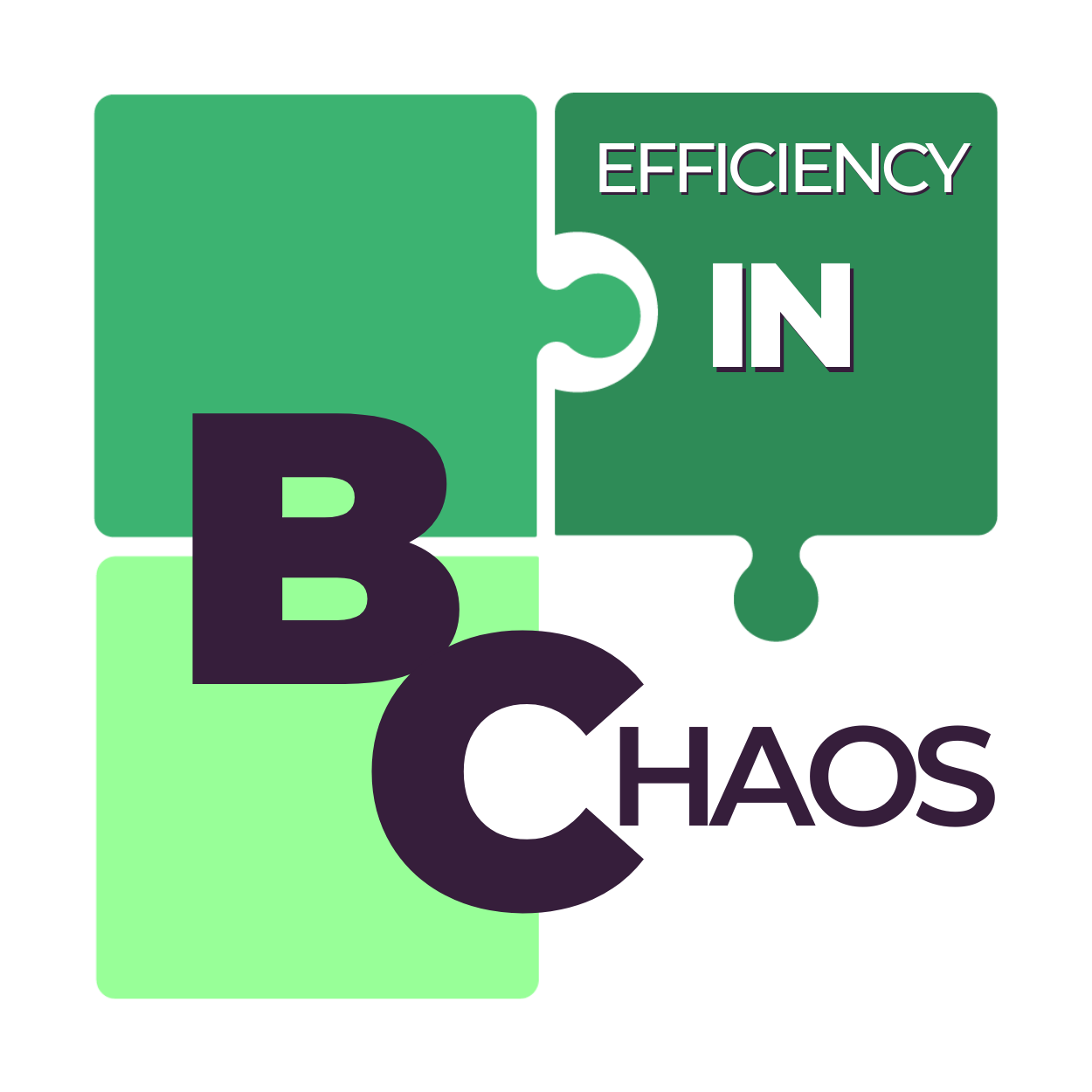Procrastination: Why We Delay and How to Break the Habit
Procrastination is often misunderstood. While some chalk it up to laziness or poor time management, procrastination is rarely about a lack of willpower or motivation. For many, procrastination stems from deeper roots, including fear, uncertainty, or misalignment with personal goals.
The problem with procrastination goes beyond just missing deadlines. When left unchecked, procrastination creates a habit loop. We delay a task, find ourselves motivated only when the deadline is near, and then repeat this pattern, reinforcing the idea that we work best under pressure. Over time, this cycle can lead to unnecessary stress, rushed work, and a pattern that seems hard to break. So, why do we procrastinate, and more importantly, how can we stop procrastinating?
Reasons Behind Procrastination
Before tackling procrastination, it is essential to understand some of the reasons why we delay certain tasks. Here are three key questions to ask when you find yourself putting off a task:
Am I afraid of the outcome?
Fear of failure, judgment, or even success can cause us to hesitate. For example, if completing a project means stepping into new responsibilities or public scrutiny, this fear can lead to avoidance.
Am I uncertain about how to complete this task?
Uncertainty and lack of clarity can make any task seem daunting. If you are unsure how to start or do not feel equipped to tackle a project, you are more likely to put it off.
Is this task aligned with my goals and values?
Sometimes, we procrastinate because the task at hand does not resonate with our long term vision. When a task does not feel meaningful, it is natural to lack the motivation to complete it.
Reflecting on these questions can provide insight into the true causes of procrastination and help you decide whether the task is worth pursuing.
Turning Procrastination into Motivation
While procrastination often gets a bad rap, if you know you procrastinate, it can be utilized as a source of motivation. Here are some strategies to break the habit loop of procrastination and turn that energy into productive action:
Break Down the Task
Tackling a large task can feel overwhelming, leading to avoidance. Breaking it into smaller, actionable steps makes it feel more achievable. For example, instead of trying to “write the report,” start with “create an outline.” This approach reduces the intimidation factor and provides a sense of progress with each small step.
Set Clear, Realistic Deadlines
Often, the looming pressure of a deadline is the only thing that propels us forward. Rather than waiting for that last minute rush, set smaller interim deadlines. This helps spread out the work and reduces the likelihood of stress, while still providing the structure needed to maintain momentum.
Visualize the Outcome
Visualization is a powerful technique that can bridge the gap between intention and action. Imagine the satisfaction of completing the task or the positive impact it will have. This mental image can create a sense of anticipation and prompt you to take that first step.
Use Accountability to Stay on Track
Sharing your goals with someone else can provide the external motivation you need. Accountability partners, whether friends, colleagues, or an efficiency consultant can remind you of your commitments and help you stay on track.
How Working with an Efficiency Consultant Can Help
An efficiency consultant can offer structure, guidance, and accountability, helping you get clear on your goals and eliminate procrastination patterns. By reviewing your current habits, an efficiency consultant can identify specific areas where you are struggling, provide actionable solutions, and set up systems to help you follow through consistently.
Through strategic planning, task management, and goal alignment an efficiency consultant guides you to implement practical solutions that work for you personally. This tailored support means that, rather than battling procrastination alone, you have a partner dedicated to helping you succeed.
Overcoming Procrastination with Hypnosis
For many, procrastination is tied to deeper rooted fears or limiting beliefs, and this is where hypnosis can be revolutionary. Hypnosis helps to reframe unhelpful thoughts and behaviors. For example, if your procrastination is rooted in a fear of failure, hypnosis can help you shift your perception, building confidence, and reducing stress around the task.
Hypnosis can also help break the habit loop of procrastination by altering the way you respond to tasks and deadlines. By focusing on relaxation, self assurance, and positive association with completing tasks, hypnosis empowers you to move from procrastination into action naturally and consistently.
Taking Control of Your Actions Today
The next time you catch yourself putting off a task, pause and reflect. Are you avoiding it out of fear, uncertainty, or misalignment? If so, take a step back and consider whether the task aligns with your long term goals. Then, consider reaching out to address the root cause of your procrastination.
By combining practical approaches with professional support, you can move from habitual procrastination to empowered action. Whether it is an efficiency consultant to guide you in setting effective systems or a hypnotist to help you overcome mental roadblocks, the tools are available to help you break the cycle and take control of your time and energy. With the right mindset, tools, and support, you can transform procrastination from a hindrance into a pathway toward focused, intentional action.
Are you curious about the process of working with an Efficiency Consultant and/or a Hypnotist? Schedule a call with Danielle today!

